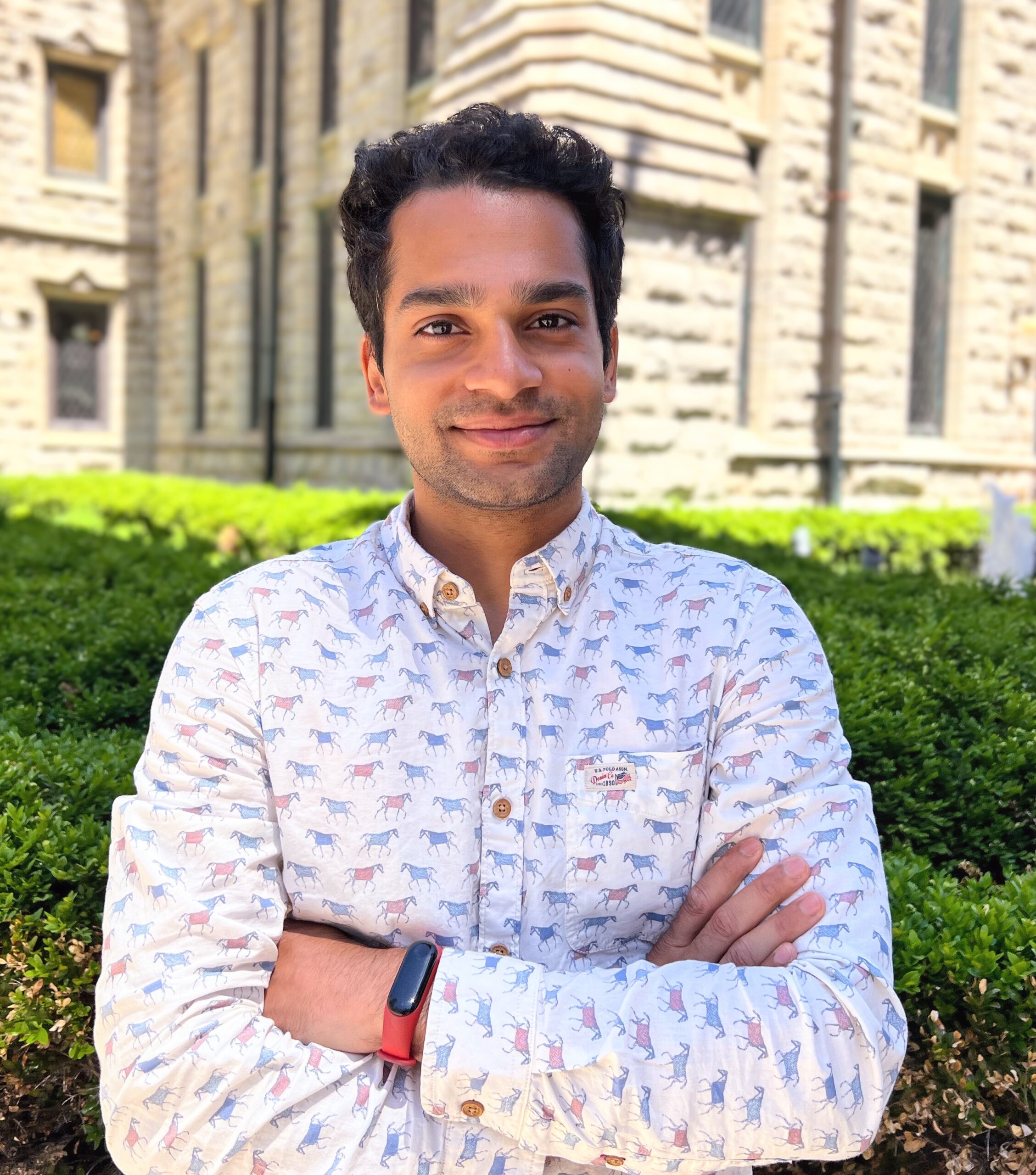ABSTRACT
The efficient and equitable distribution of public resources—such as health inspectors, mail delivery, and street sweeping—is crucial for local governments. However, disruptions to these allocation processes often reflect deep-seated historical and social inequalities, disproportionately affecting vulnerable populations. In this talk, we examine how single-objective predictive models can exacerbate societal disparities, how different choices of efficiency and fairness objectives lead to divergent outcomes under the same allocation policy, and the limitations of ranking methods in achieving an optimal utility-fairness tradeoff.
BIO

Shubham Singh is a Ph.D. candidate in Computer Science at the University of Illinois Chicago, focusing on computational methods for tackling socio-technical challenges. His research spans resource allocation, fair machine learning, and privacy and security. An active member of the FAccT and EAAMO communities, he has published at EAAMO, USENIX, and workshops at ICML and NeurIPS. He has been recognized through the Google CS Research Mentorship Program and serves as the Working Groups Co-lead for EAAMO Bridges (formerly MD4SG), reflecting his dedication to socially impactful research. More of his work can be found at: https://shubhams.github.io.



